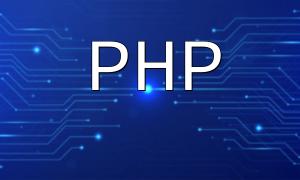The PHP engine is the heart of the PHP runtime environment, responsible for parsing, executing PHP code, and interacting with the underlying system. It drives the execution of PHP scripts, ensuring that the code runs correctly and efficiently.
The PHP engine reads and parses PHP scripts, converts them into intermediate code (Opcode), and then executes this code via a virtual machine to produce output. This process includes:
The PHP engine has a built-in automatic memory management system that allocates and frees memory resources. Using a Garbage Collection (GC) mechanism, it automatically reclaims memory occupied by unused variables or objects, improving stability and efficiency.
The PHP engine supports multiple data types, including integers, floats, strings, arrays, and objects. It also offers a rich set of built-in functions and operators that allow developers to handle and transform data flexibly.
The engine provides comprehensive input/output interfaces for handling files, networks, and standard I/O operations. For example:
During code execution, the PHP engine monitors syntax and runtime errors and provides multiple error-handling mechanisms. Developers can use exception handling (try...catch) structures to ensure better program stability and security.
The PHP engine allows extending its functionality through modules. These extensions can introduce new data types, functions, classes, or interfaces. Common examples include mysqli, curl, and gd, which enhance PHP’s capabilities and compatibility.
To improve execution speed, the PHP engine employs several optimization techniques, such as:
These optimizations significantly reduce repeated parsing and execution time, improving overall performance.
Beyond its core execution capabilities, the PHP engine also provides:
These features make PHP suitable not only for web development but also for backend services and system scripting scenarios.
The PHP engine, as the execution core of the PHP language, handles everything from code parsing to output generation. With its robust memory management, extension mechanisms, and performance optimization techniques, it ensures PHP remains efficient and reliable across diverse development environments.









